Shanghai, as China’s financial hub, cultural crossroads, and historic international metropolis, attracts visitors from all around the world. Whether you’re interested in modern cityscapes or fascinated by Shanghai’s unique history and culture, this city offers something for everyone. From the century-old architecture of the Bund to the futuristic skyline of Pudong, from the bustling Nanjing Road to the peaceful Yu Garden, Shanghai offers a variety of experiences for every traveler.
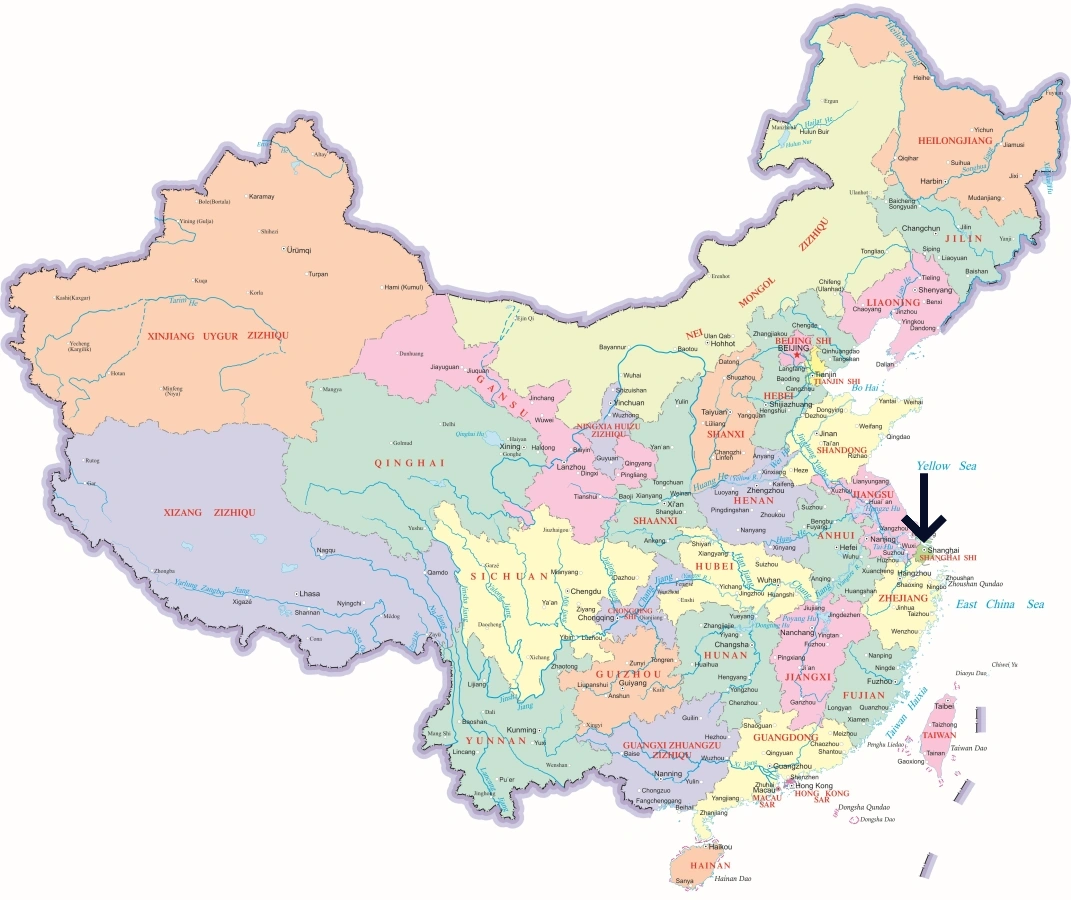
Shanghai’s attractions are diverse, from the historic Bund to the modern Shanghai Disneyland. Each site carries its own story and unique charm. Whether you’re interested in history and culture or enjoy modern entertainment, Shanghai can meet all your interests.
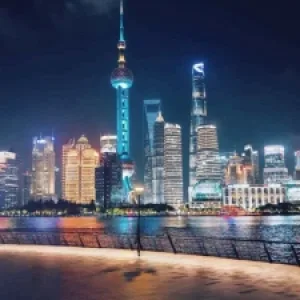
A waterfront area with colonial-era buildings and stunning views of the Huangpu River and Pudong skyline.
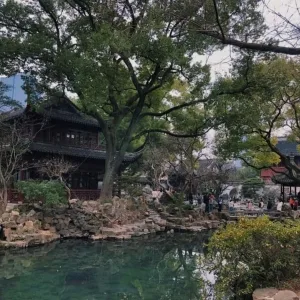
A traditional Chinese garden featuring classical landscaping, ornate pavilions, and tranquil ponds.
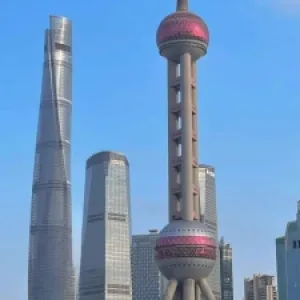
An iconic landmark known for its futuristic architecture and breathtaking city views.
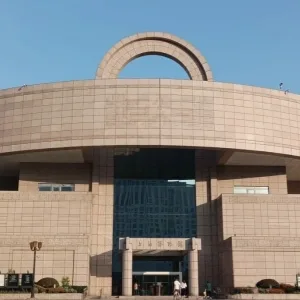
Renowned for its large collection of rare Chinese art and cultural artifacts, housed in a distinctive round building.
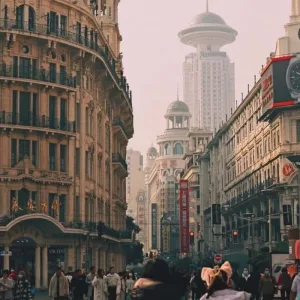
One of Shanghai's busiest shopping streets, known for its vibrant atmosphere and a wide array of stores.
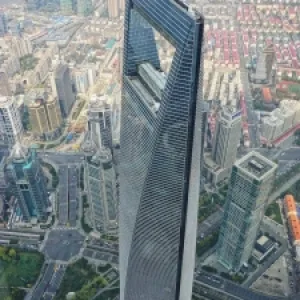
A super-tall skyscraper known for its unique trapezoid aperture at the top.
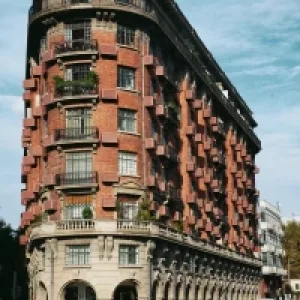
A popular residential and commercial area celebrated for its charming, tree-lined streets and European-style cafes.
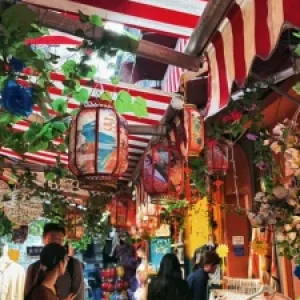
An arts and crafts enclave in the French Concession, known for its narrow alleys filled with shops, cafes, and galleries.
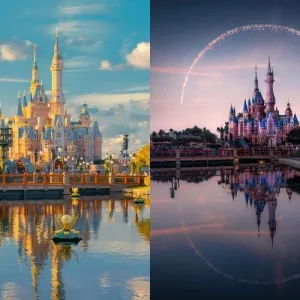
A magical theme park offering exciting rides, themed lands, and family entertainment.
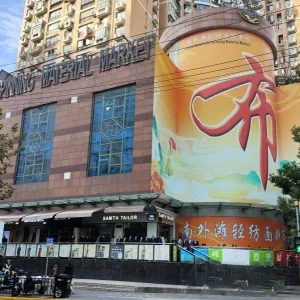
Famous for its wide range of fabrics and custom tailoring services.
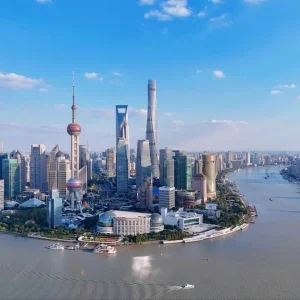
The iconic river of Shanghai, famous for scenic river cruises offering beautiful views of the city.
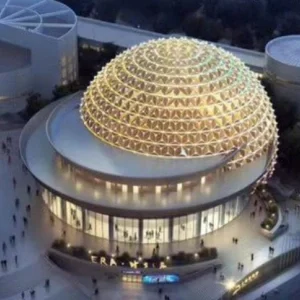
A famous venue for thrilling acrobatics and circus performances, showcasing amazing acts and stunts.
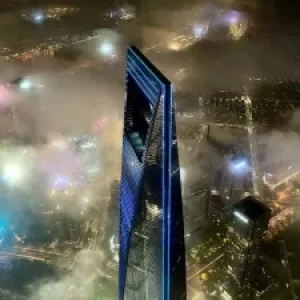
One of the tallest buildings in the world, offering panoramic views from its spiraling skyscraper.
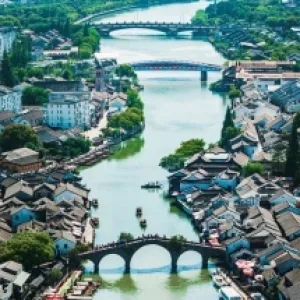
An ancient water town famous for its canals, historic bridges, and quaint traditional houses.
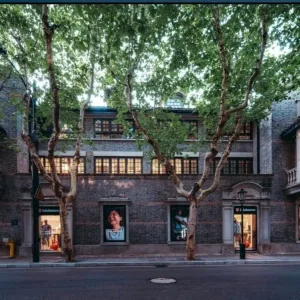
A stylish pedestrian zone known for its restored traditional Shikumen buildings housing shopping malls, restaurants, and bars.
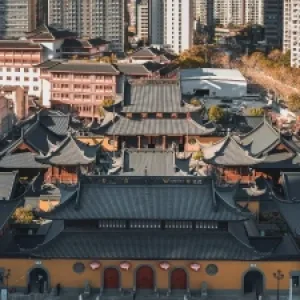
One of Shanghai’s famous Buddhist temples, housing two precious jade Buddha statues.
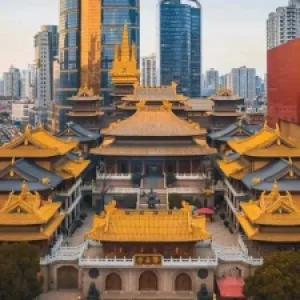
A historic Buddhist temple, known for its striking architecture and peaceful ambiance.
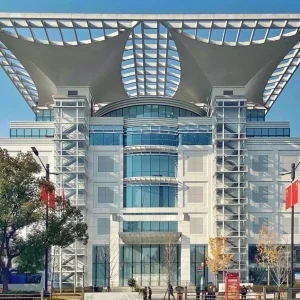
A museum featuring city models and exhibits about Shanghai’s urban development.
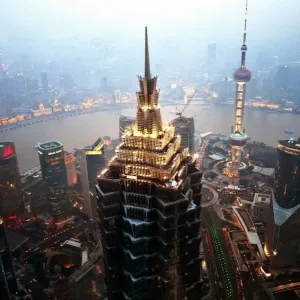
A landmark skyscraper featuring a mix of office space and the Grand Hyatt hotel.
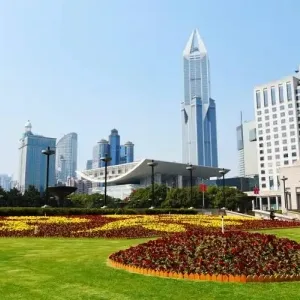
A major public space in downtown Shanghai, often considered the heart of the city with multiple attractions around.
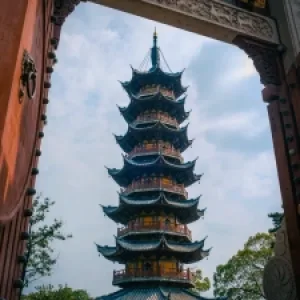
One of the oldest and most revered Buddhist temples in Shanghai, known for its beautiful traditional architecture.
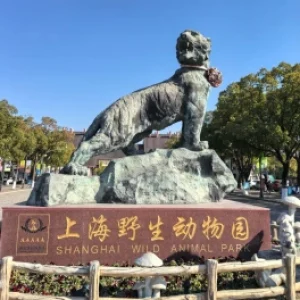
A large zoological park with a wide variety of wildlife, including rare species and animal shows.

A museum showcasing extensive exhibits on natural history, including fossils, animal species, and geological formations.
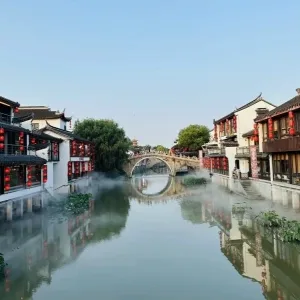
A historic area known for its traditional architecture, street food, and vibrant local life.
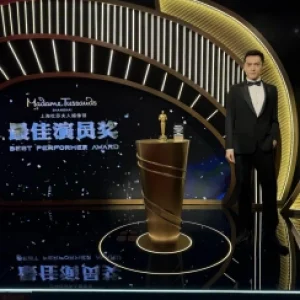
A wax museum featuring lifelike figures of celebrities, historical figures, and popular characters.
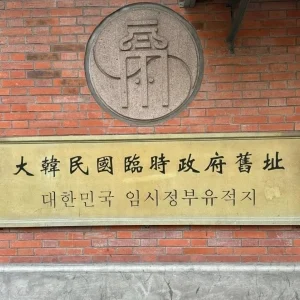
A historical reminder of Korea’s government in exile during the 1930s.
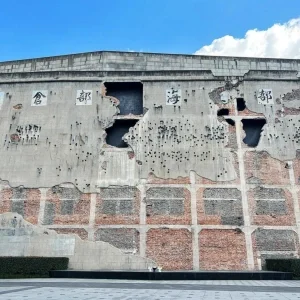
Played a critical role during the Battle of Shanghai as a defensive stronghold against Japanese forces.
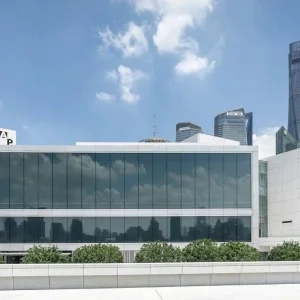
A modern art museum offering contemporary exhibitions from local and international artists.
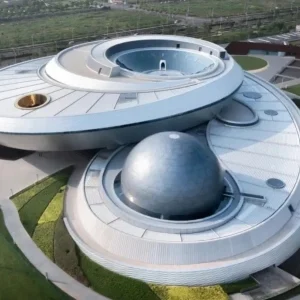
One of the largest and most modern planetariums, featuring interactive exhibits about space and astronomy.
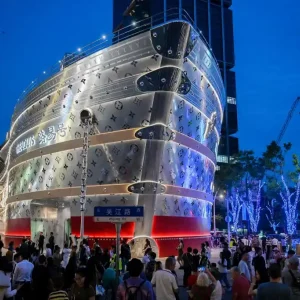
The Louis Vuitton Ship is a floating landmark combining luxury, fashion, and art. Its ship-like design offers immersive exhibitions, exclusive shopping, and a stylish cultural journey by the waterfront.
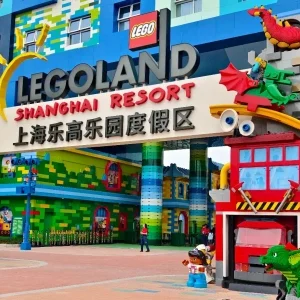
A vibrant family resort filled with creativity, interactive rides, and fun LEGO-themed zones, offering kids and adults endless opportunities to build, explore, and imagine together.
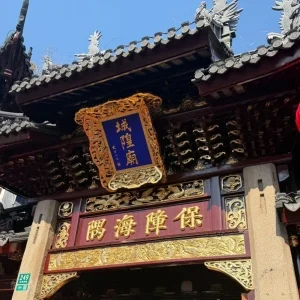
A centuries-old temple complex surrounded by shops and street food stalls, where visitors can experience authentic Shanghai culture, architecture, and local traditions.
Shanghai is a food lover’s paradise, from classic Xiaolongbao to traditional Shanghai cuisine, each dish has a rich history and cultural background. Whether you’re enjoying street food or dining in high-end restaurants, Shanghai has countless delicious dishes to try.
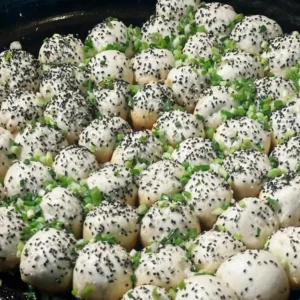
A beloved Shanghai street food, these pan-fried buns feature juicy pork filling wrapped in fluffy dough, with crispy bottoms and sprinkled sesame seeds, offering both crunch and savory delight.
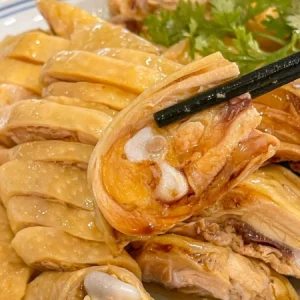
A classic Shanghai dish of tender, poached chicken served cold, highlighting natural flavors. Often paired with soy sauce, ginger, or scallion oil, it delivers simple yet refined taste.
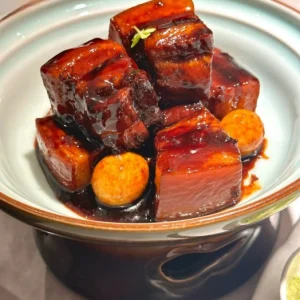
This iconic Shanghai specialty features pork belly slow-braised in soy sauce, sugar, and spices, creating melt-in-your-mouth texture and a rich, caramelized flavor.
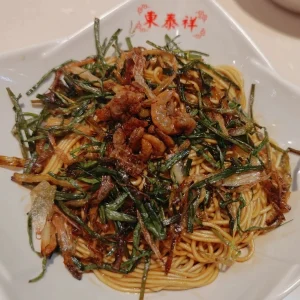
A humble yet flavorful noodle dish where fresh noodles are tossed in fragrant scallion-infused oil and soy sauce, delivering a comforting balance of aroma, savoriness, and simplicity.
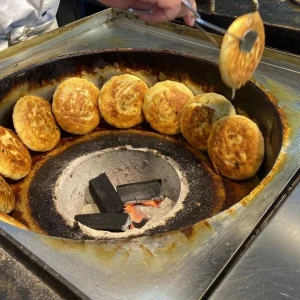
A crispy, flaky flatbread layered with chopped scallions, pan-fried until golden brown. It’s a popular snack offering a satisfying combination of crunch, chewiness, and savory aroma.
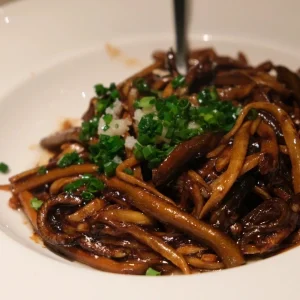
A signature Shanghai delicacy, featuring shredded eel quickly stir-fried, then drizzled with sizzling hot oil and soy sauce, creating tender meat with smoky, aromatic depth.
Shanghai boasts a developed transportation system, including convenient subways, the fast airport express, and numerous taxis. Whether you’re arriving from Pudong or Hongqiao airports, or simply wish to travel easily around the city, Shanghai’s public transportation will offer you convenient options.
Shanghai offers a wide range of accommodation options, from luxurious hotels to affordable hostels. Depending on your budget and preferences, you can choose to stay in a luxurious hotel on the Bund or a quaint boutique hotel in the French Concession.
Now that you’ve learned about Shanghai’s major attractions, transportation, accommodation, and food, it’s time to start planning your perfect trip. From the vibrant landmarks to the relaxing local snacks, your journey in Shanghai will be filled with surprises and unforgettable memories.
Whether it’s your first time in Shanghai or you’re a seasoned visitor, knowing a few travel tips can make your trip smoother. Understanding the best time to visit, how to avoid peak crowds, and how to use mobile payments will help make your Shanghai experience more enjoyable.
Shanghai is one of China’s four municipalities directly under the central government, covering about 6,340 sq km. It is China’s most populous city, with a permanent population of approximately 24.9 million. Here’s a breakdown by district:
Note: Population numbers are based on the latest estimates and may vary slightly.
Shanghai has a humid subtropical climate, with four distinct seasons: chilly winters, hot and humid summers, and mild spring and autumn. Typhoons and rainstorms occasionally affect the city in summer. Here’s what to expect month by month:
Best travel season: March to May and September to November.
Here are the postal and telephone codes for major districts in Shanghai:
Explore detailed travel guides for China’s most popular cities, covering attractions, local food, accommodations, and transportation tips.

 English (US)
English (US)